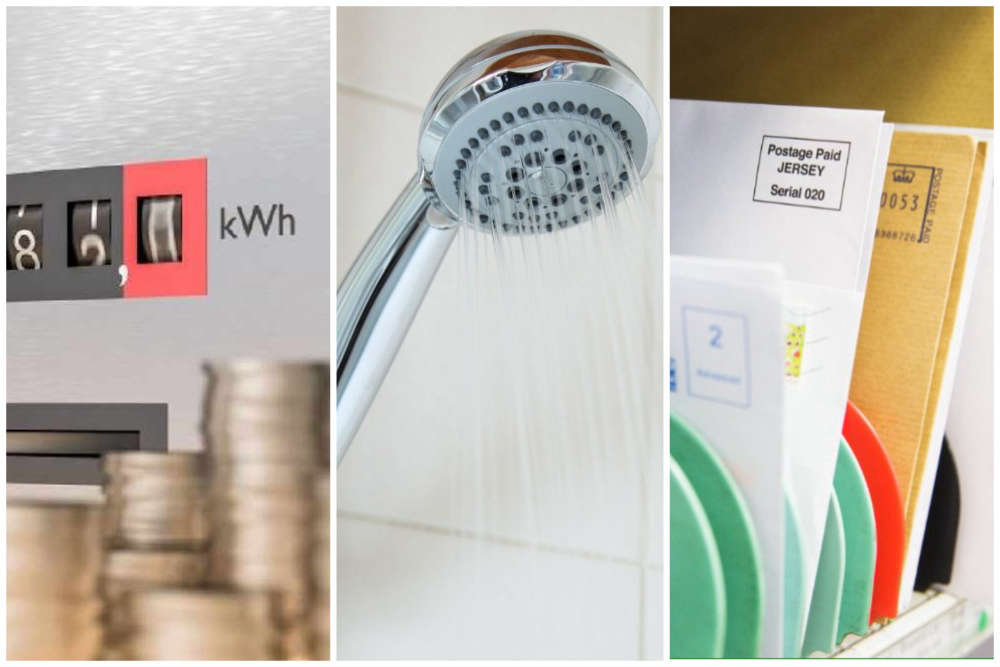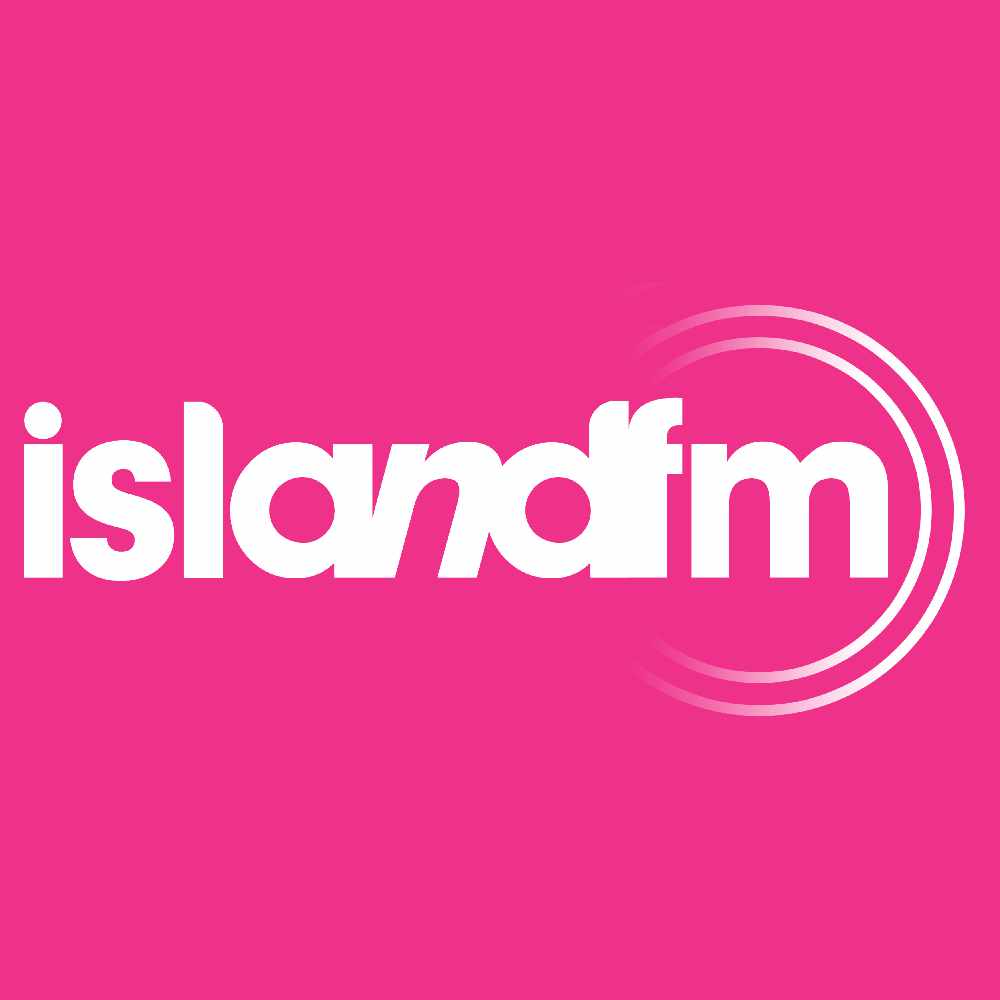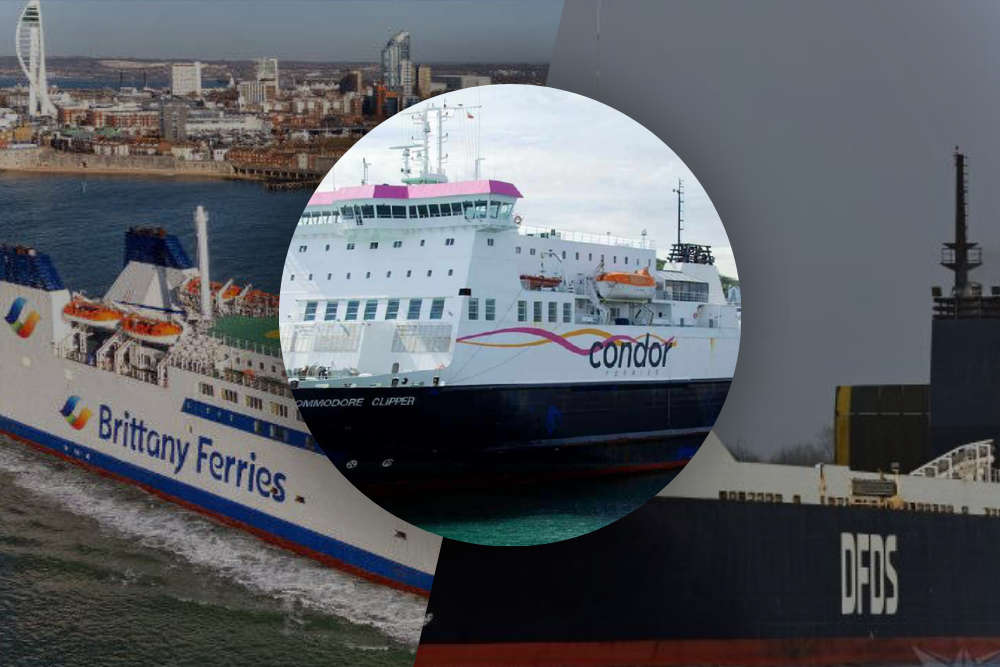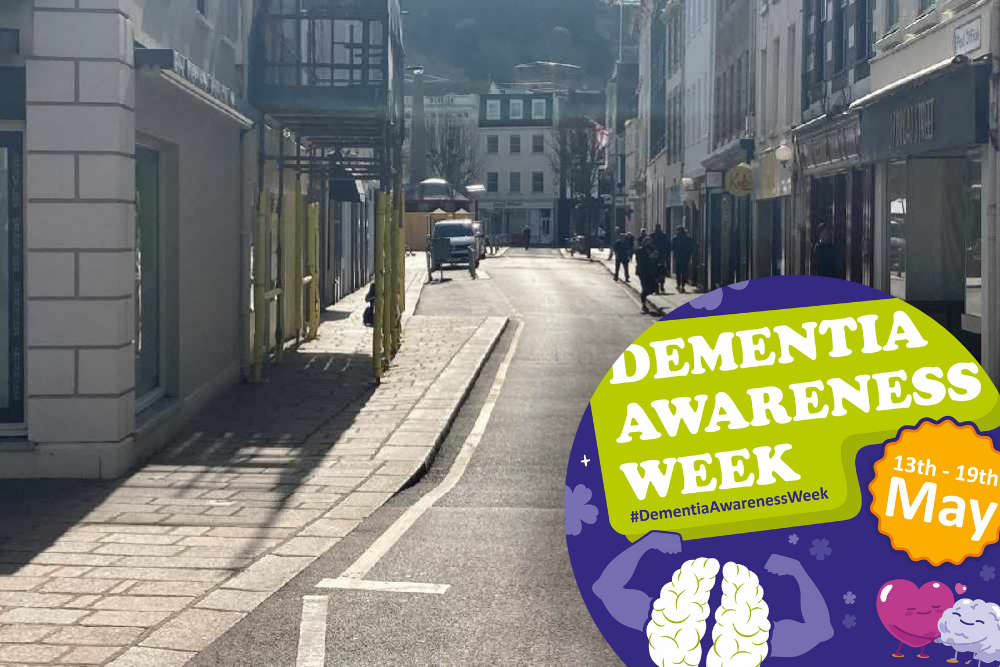
The new year has brought price rises for household essentials, including electricity and water.
Electricity tariffs have risen by an above-inflation 12%, which is expected to put an extra £156 a year on the average household bill.
Jersey Electricity has blamed the volatility of international energy prices.
Giving warning of the impending increase last June, Chris Ambler, JE's Chief Executive, said the company was 'acutely aware of the cost-of-living pressures on islanders and the rising costs of everyday essential items.'
"Although Jersey Electricity has a strong contract with a favourable hedge position that has sheltered islanders greatly from the recent turmoil in European energy markets over the last 18 months, we are not fully hedged nor completely immune to this volatility.
Despite seeing an easing of European wholesale energy markets in recent months, they remain extremely highly priced compared to our current importation costs. Furthermore, whilst attractive hedges have been placed that give stability, they are on a rising cost trajectory. As a consequence of these factors and general inflationary pressures, we unfortunately need to raise our tariffs."
The company previously increased prices by 5% in early 2023 and by the same percentage the year before, meaning the price of electricity has jumped by 22% in three years. JE says the island's standard domestic tariff is still around half the UK tariff.
Water bills have also risen this month in line with inflation (10.9%). That means the average household will be paying an extra £45 a year.
The increase was announced in October.
Helier Smith, Jersey Water's Chief Executive, said the tariff increase was necessary to address rising running costs and maintain investment in infrastructure.
“We remain mindful that many islanders are also experiencing pressure on their own cost of living, so we have done all we can to offset the increases in our operational costs and limit what is passed onto our customers.
At the same time, we need to maintain our water charges at appropriate levels to ensure Jersey Water can continue to deliver the high-quality water supply and service levels that customers expect, whilst maintaining investment in the island’s water resources, network, treatment facilities and other infrastructure to ensure a sustainable water supply for current and future generations.”
Jersey Water says it will not introduce any further price increases until 1 January 2025 at the earliest.
From 8 Janaury, the price of posting a letter or parcel to the continent and further afield will cost an average of 8.6% more.
Postage for a letter to Europe has risen from £1.85 to £2.15, and to the rest of the world from £2.55 to £2.95.
There is a freeze on the price of a local and UK stamp for 100g letters. They remain 60p and 98p respectively.
Jersey's lowest paid workers did receive a pay rise on New Year's Day
The minimum wage rate rose too £11.64 an hour.
The island's 'living wage, which is set by social justice charity Caritas and paid voluntarily by some island employers, has risen to £13.41.


 Jersey and Guernsey welcome ferry companies to bid for 2025 tender
Jersey and Guernsey welcome ferry companies to bid for 2025 tender
 Jersey Police appeal for missing man
Jersey Police appeal for missing man
 LOOK INSIDE: Jersey Opera House works expected to finish on time and on budget
LOOK INSIDE: Jersey Opera House works expected to finish on time and on budget
 Park and Ride trial from St Brelade to town
Park and Ride trial from St Brelade to town
 La Motte Street assault victim transferred to Southampton Hospital
La Motte Street assault victim transferred to Southampton Hospital
 Free beauty treatments to improve mental health of Macmillan Jersey staff
Free beauty treatments to improve mental health of Macmillan Jersey staff
 Broad Street renamed for Dementia Awareness Week
Broad Street renamed for Dementia Awareness Week
 Aurora Borealis: Northern Lights visible in Channel Islands due to solar storm
Aurora Borealis: Northern Lights visible in Channel Islands due to solar storm
